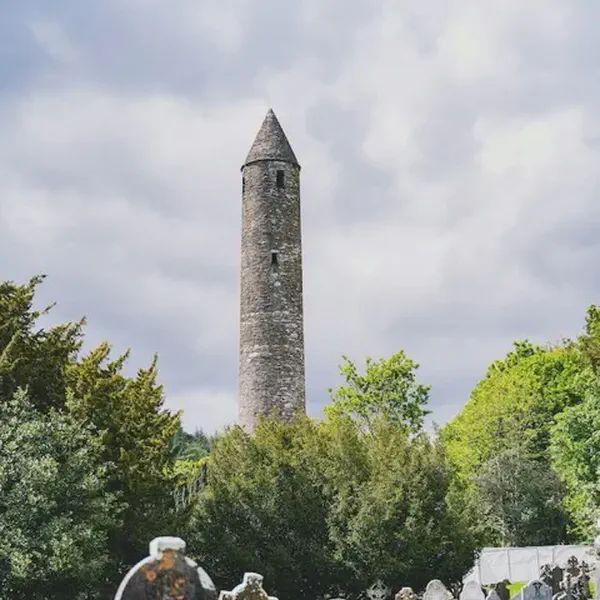On September 12, 1715 in Celtic History
Battle of sheriffmuir, scotland

The Battle of Sheriffmuir was an engagement in 1715 at the height of the Jacobite rebellion in England and Scotland.
John Erskine, 6th Earl of Mar, standard-bearer for the Jacobite cause it Scotland, mustered Highland chiefs and, on September 06, declared James Francis Edward Stuart King of Scotland. With an army of about 12,000 men Mar proceeded to take Perth, and commanded much of the northern Highlands. Following unsuccessful skirmishes against John Campbell, 2nd Duke of Argyll (fortified at Stirling), Mar was eventually persuaded to lead his full army south, doing so on 10 November. Spies informed Argyll of Mars actions, and he moved his army of about 4,000 to Sheriffmuir, near Dunblane. The two armies met on 13 November.
Argyll was vastly outnumbered by the Jacobite army (which was somewhat diminished from its previous numbers), and his left wing, commanded by General Whetham, was far shorter than the Jacobites opposing right. Argylls right wing attacked, and managed to drive the Highlanders back, but Whethams soldiers were overpowered by a much larger force. Argyll came to the aid of Whethams men. By evening, both armies were seriously reduced, and although Mar had a great advantage in numbers, he refused to risk the entirety of his army, allowing Argyll to withdraw.
The battle was inconclusive, and both sides claimed victory. The engagement only served to demoralise the Jacobite army who, with their vastly superior numbers, felt they should have decisively won. Mars French and Spanish supporters in particular withdrew their forces, which dwindled in Scottish ranks as well.
On 23 December, the Old Pretender James Stuart, who had been exiled in France, landed at Peterhead, his cause largely lost. He met with Mar at Perth, but was unable to rouse the disheartened army. Argyll, reinforced and inviggorated, soon advanced north, while Stuart and the Jacobite army fled to Montrose, and the Pretender returned to France. The Army moved to Ruthven, and dispersed. A popular Jacobite song, Will Ye Go to Sheriffmuir, was written about the battle. As with many such songs, the battle is presented as a noble victory for the Jacobite army. The song was collected by, and perhaps written by, James Hogg in 1819.
More From This Day







Thomas Dun, a privateer from Scotland, sailed into Holyhead, captured an English ship and over-ran Anglesay.
September 12, 1315